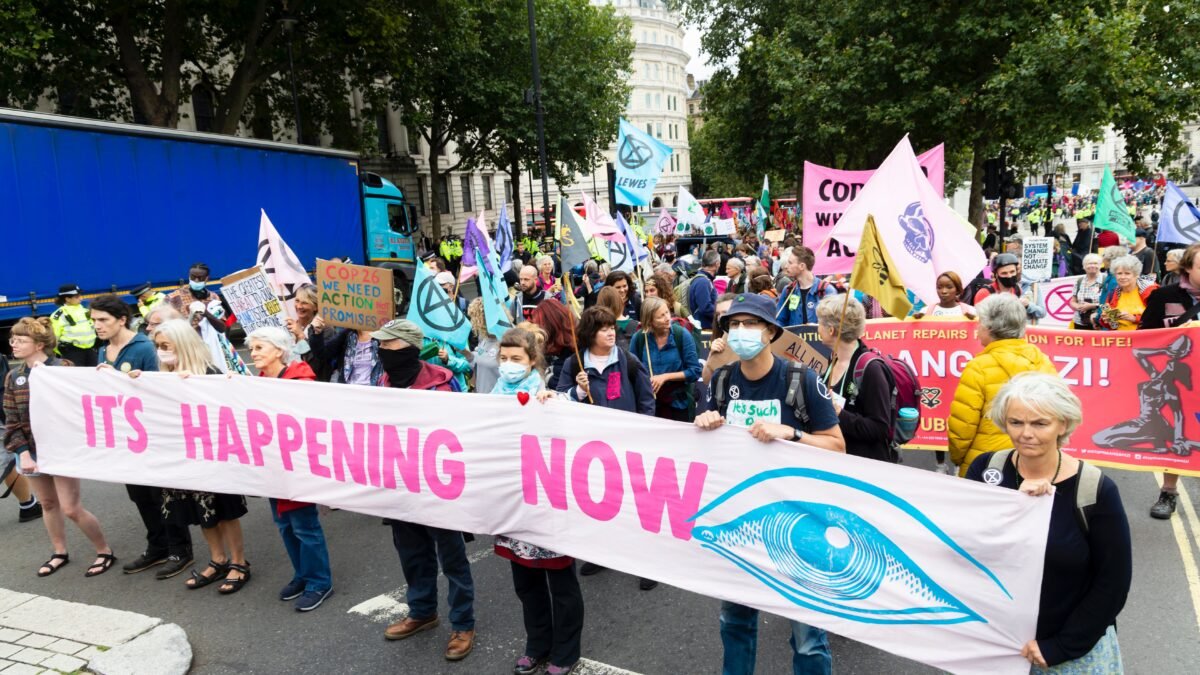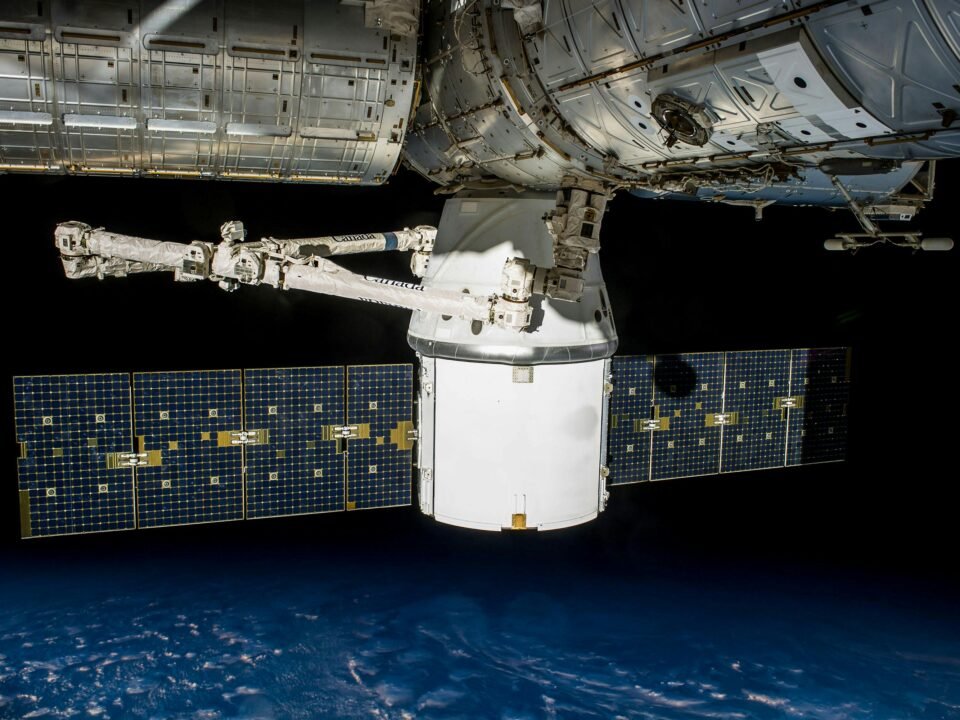
Shaping Tomorrow’s Energy: A Dive into Various Types of Solar Panels
January 28, 2024
Empowering Energy Independence: Unveiling the Wonders of Net Metering
January 28, 2024In an age where modern life is intricately entwined with electricity, the prospect of an electricity crisis is a haunting reality. Across the globe, communities grapple with the complexities of an electricity crisis that manifests in various forms, from intermittent power outages to a persistent lack of access to electricity. Understanding the root causes and exploring sustainable solutions becomes imperative as we confront the challenges posed by an electricity crisis.
Causes of the Electricity Crisis:
- Rapid Urbanization: The relentless pace of urbanization in many parts of the world has led to an unprecedented demand for electricity. Cities burgeon, industries thrive, and households multiply, exerting immense pressure on existing power infrastructure. Often, this surge in demand outstrips the capacity of power grids, resulting in chronic shortages and load shedding.
- Outdated Infrastructure: In many regions, outdated and inefficient power infrastructure exacerbates the electricity crisis. Aging power plants, transmission lines, and distribution networks struggle to cope with the demands of a technologically advanced and energy-intensive society. The lack of investment in upgrading these systems further compounds the issue.
- Lack of Investment and Innovation: A shortage of financial resources and a reluctance to invest in innovative energy solutions impede progress in resolving the electricity crisis. Many countries rely heavily on traditional, non-renewable energy sources, further straining the system and contributing to environmental degradation.
- Climate Change Impacts: The effects of climate change, such as extreme weather events and rising temperatures, pose additional challenges to electricity production. Hydropower plants may face reduced water availability, and thermal power plants may struggle with cooling challenges. These climate-induced issues disrupt the reliability of power generation.
- Geopolitical Tensions: Geopolitical tensions and conflicts can disrupt the supply chains of energy resources, leading to a volatile energy market. Countries heavily reliant on imports for their energy needs may face heightened vulnerability during such geopolitical upheavals.
Impacts of the Electricity Crisis:
- Economic Downturn: Persistent electricity shortages have a direct impact on economic productivity. Industries face downtime, businesses incur losses, and job opportunities diminish. The ripple effect is felt throughout the economy, hindering growth and development.
- Social Inequity: Unequal access to electricity perpetuates social disparities. Communities without reliable power sources struggle to access education, healthcare, and economic opportunities, exacerbating existing inequalities.
- Environmental Degradation: Dependence on non-renewable energy sources contributes to environmental degradation. Increased greenhouse gas emissions, deforestation for energy production, and the ecological impact of large-scale power projects further strain ecosystems.
- Health Risks: In areas where access to electricity is erratic or absent, reliance on traditional, inefficient energy sources such as biomass or kerosene for cooking and lighting poses health risks. Indoor air pollution and safety hazards become prevalent, particularly affecting vulnerable populations.
Sustainable Solutions:
- Investment in Renewable Energy: Shifting towards renewable energy sources, such as solar, wind, and hydropower, can alleviate the strain on traditional power systems. Governments and private entities must invest in sustainable technologies to ensure a reliable and cleaner energy future.
- Grid Modernization: Upgrading power grids with smart technologies enhances efficiency, reduces transmission losses, and allows for better integration of renewable energy sources. Smart grids enable real-time monitoring and control, optimizing electricity distribution.
- Energy Efficiency Measures: Implementing energy-efficient practices in industries, commercial buildings, and households can significantly reduce overall energy demand. This includes adopting energy-efficient appliances, improving insulation, and promoting responsible consumption.
- Community Empowerment: Engaging local communities in energy initiatives fosters a sense of ownership and ensures that solutions are tailored to specific needs. Off-grid and decentralized energy solutions, such as mini-grids and community-based renewable projects, can provide reliable power in remote areas.
- International Collaboration: Addressing the electricity crisis requires a global commitment. International collaboration in research, technology transfer, and financial support can accelerate the transition to sustainable energy solutions.
In conclusion, the electricity crisis is a multifaceted challenge that demands a comprehensive and collaborative approach. Embracing sustainable energy alternatives, investing in modern infrastructure, and fostering social and economic equity are critical steps towards navigating the darkness and illuminating a path to a more resilient and sustainable energy future.




